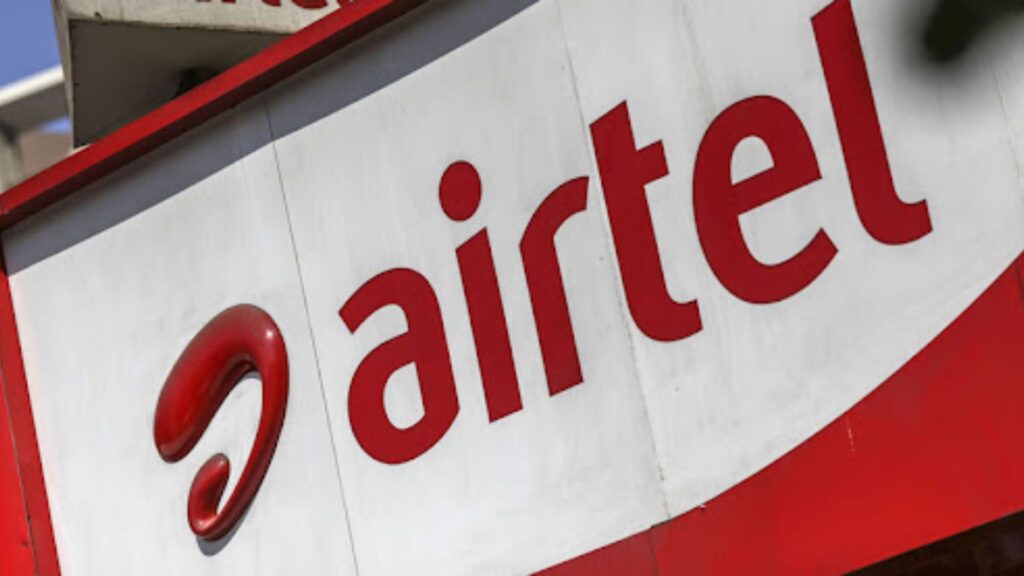The Department of Telecommunications (DoT) is reportedly set to reject Bharti Airtel’s proposal to convert its statutory dues into government equity, citing the company’s strong financial health. According to a report by The Times of India, officials believe the telecom giant does not require the kind of support extended to debt-ridden Vodafone Idea.
Airtel’s request, which surprised industry analysts, aimed at conserving cash by seeking an equity swap for a portion of its dues — a move that mirrors the relief extended to Vodafone Idea, which has been battling severe financial distress. However, government sources indicate that Airtel’s proposal is unlikely to be taken forward.
“There seems to be no need to discuss this proposal. The company is sufficiently healthy and does not appear to be in need of such a financial bailout,” a source familiar with the matter told TOI.
Bharti Airtel posted a consolidated net profit of ₹33,556 crore in the financial year ending March 31, 2025 — a significant jump from ₹7,467 crore the previous year. Its revenue from operations also rose 15% to ₹1.7 lakh crore during the same period, underlining its strong market position and financial recovery.
In comparison, Vodafone Idea continues to struggle under the weight of over ₹2 lakh crore in debt, alongside mounting quarterly losses. The government had earlier agreed to convert part of Vodafone Idea’s dues into equity as part of a broader rescue effort.
Airtel’s total outstanding statutory dues stand at over ₹70,000 crore, including ₹40,000 crore in adjusted gross revenue (AGR) liabilities. While the equity conversion would have helped in easing its cash outflows, the DoT’s preliminary review has reportedly concluded that Airtel’s financial strength makes such a move unnecessary.
The government’s stance underscores a clear distinction in its approach — prioritizing support for financially distressed players while expecting financially stable companies to manage their dues independently.

